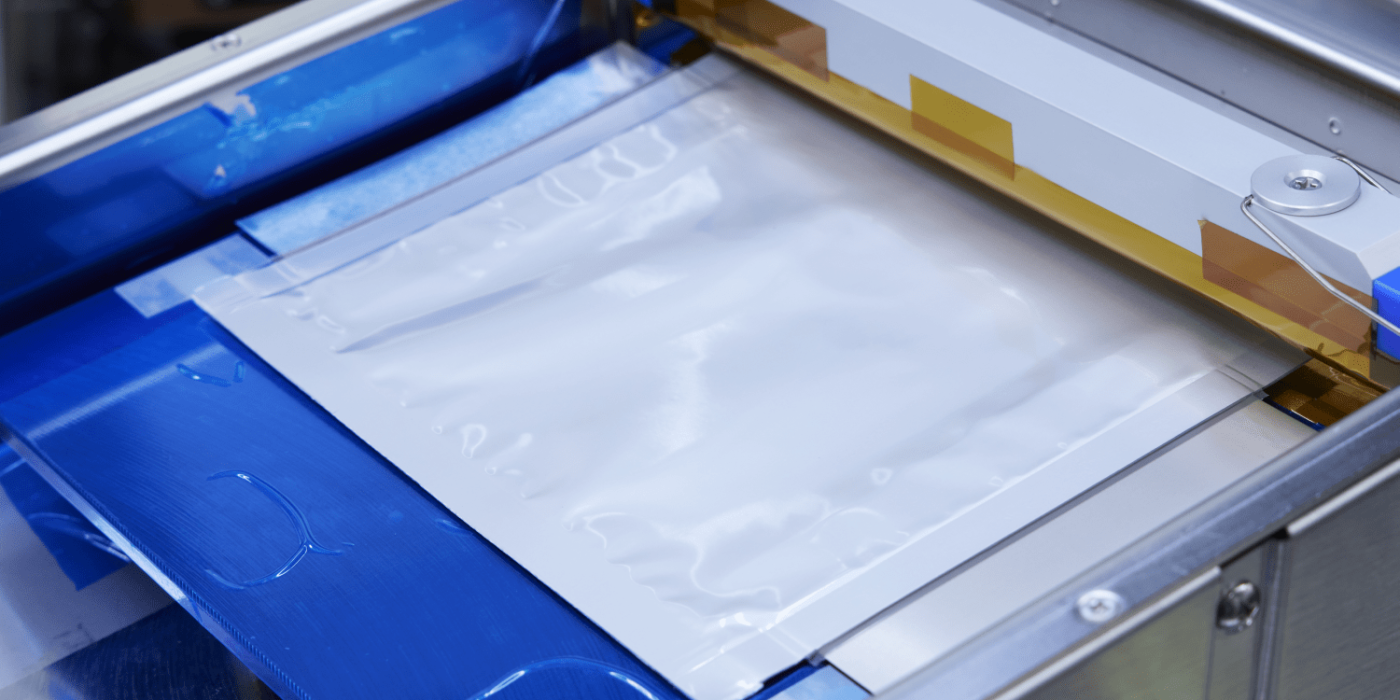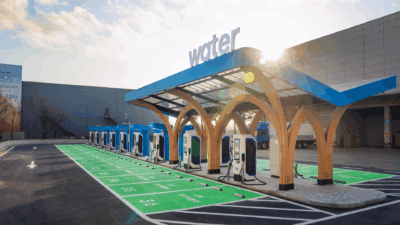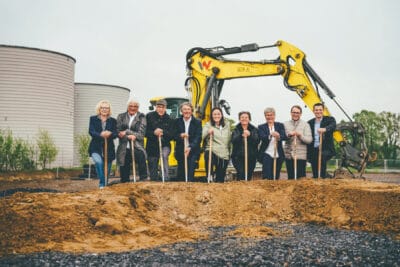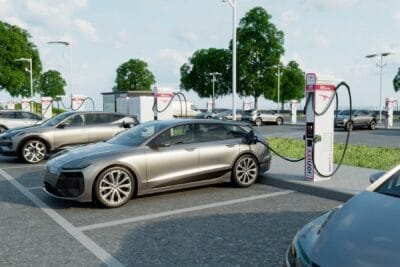US to fund electric car battery recycling and 2nd Life projects
The US government is providing funding totalling nearly $74 million for ten projects to advance technologies and processes for recycling and connecting use of electric vehicle batteries in stationary applications.
With demand for critical battery materials such as lithium and graphite growing rapidly – the US Department of Energy forecasts 4,000 per cent growth – “this latest round of funding is intended to support the recycling and reuse segment of the domestic battery supply chain”, according to the Department’s announcement. The funding programme will help “accelerate battery production in America, mitigate disruptions to the battery supply chain, and create good-paying jobs”.
Overall, the US government has divided the battery value chain into six areas: ‘Raw Materials Extraction’, ‘Materials Separation & Processing’, ‘Component Manufacturing’, ‘Cell & Pack Manufacturing’, ‘Applications’ and ‘Recycling & Reuse’. Within the framework of the previously announced funding programme for the establishment of a national battery supply chain, 2.8 billion US dollars were awarded to 20 companies, as reported. However, these came primarily from areas 2 and 3, i.e. ‘Materials Separation & Processing’ and ‘Component Manufacturing’. The new funding programme is aimed exclusively at the ‘Recycling & Reuse’ sector.
This time, the funding will not only go to projects of companies, but also to universities in California, Alabama, Tennessee or Michigan – the latter three states are known to have a strong automotive industry, in the vicinity of which battery plants are now being established. The companies receiving funding include American Battery Technology, Cirba Solutions and Element Energy.
Some of the funded projects are intended to lay the foundations for second-life storage on a megawatt-scale with replaceable batteries. Cirba wants to develop an integrated process for processing spent EV batteries. Tennessee Technological University, on the other hand, wants to use retired EV batteries as buffer storage for mobile charging stations to enable charging stations even in rural areas without sufficient grid connection. A detailed list of all projects including descriptions can be found in the PDF linked below.
“Recycling advanced batteries presents an enormous opportunity for America to support the creation of a secure and resilient domestic battery supply chain to reach our clean energy and transportation future,” said US Secretary of Energy Jennifer M. Granholm. “The historic investments of President Biden’s Bipartisan Infrastructure Law are making it possible for cross-sector collaboration that will fuel America’s technological breakthroughs and eliminate our overreliance on other nations to meet our clean energy goals.”
energy.gov, energy.gov (PDF)





0 Comments